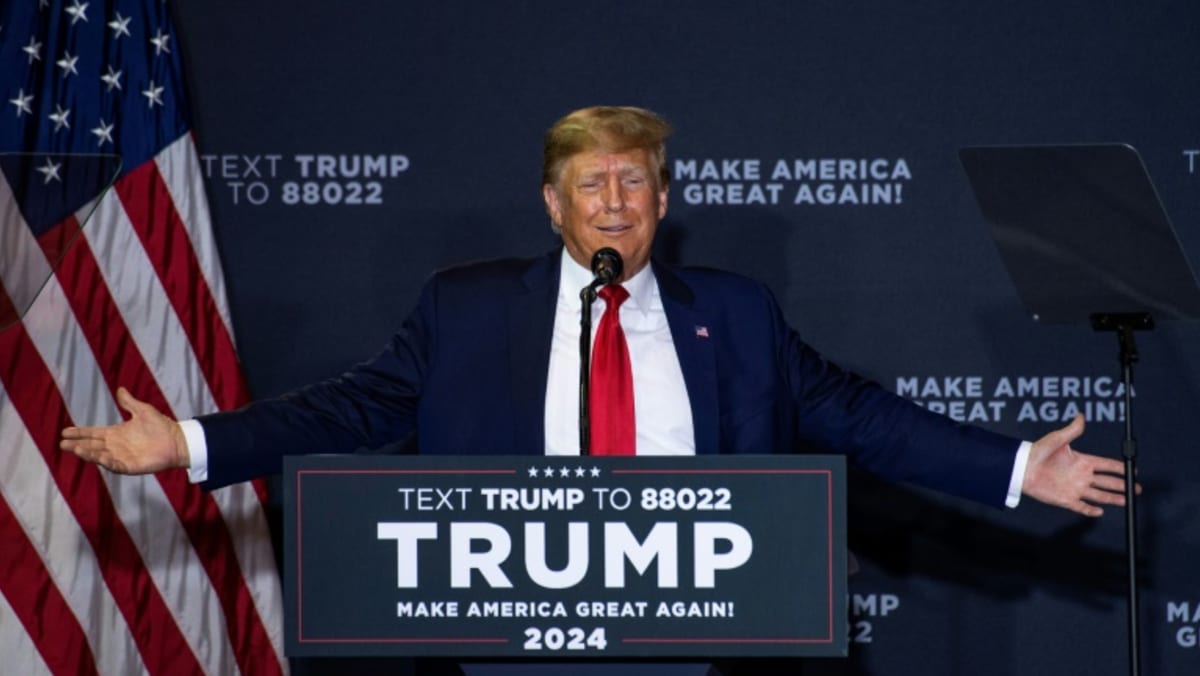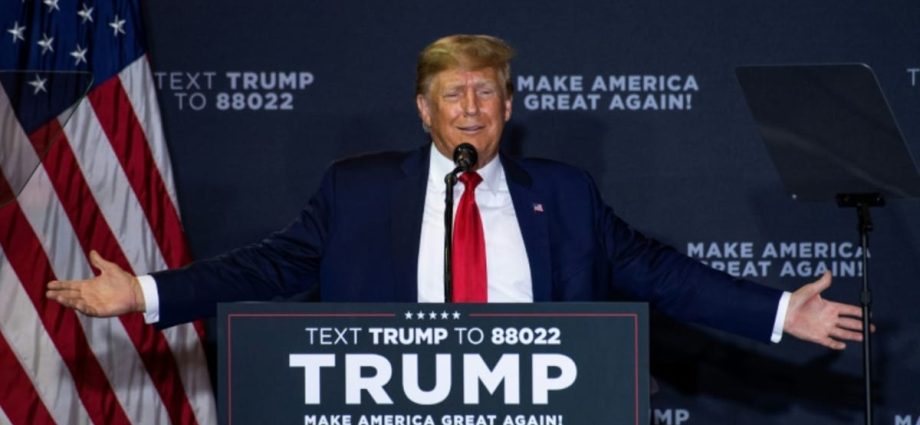
Business community support, even for an agreement that contains more understandings than binding agreements, will result in IPEF partners becoming more inclined to implement an agreement. While the business community can invest regardless of IPEF surviving the next election, a sustainable IPEF brings needed scale and intensity of investment.
SINGAPORE WEEK CRITICAL FOR IPEF
The IPEF negotiators have a tougher task than usual. They must reach an agreement that provides not just a win-win, but a win 14 times. And they must do it such that a change in US administration after the framework has been agreed upon will not cause the “new” government to abandon any outcomes.
As an agreement like IPEF has little chance of getting concluded during next year’s US presidential campaign, the four pillars need to be closed this year. This will be a heavy lift under the best of circumstances.
No one wants a TPP repeat. While a formal mechanism may not be easily available, the IPEF negotiators need to think about implementation, enforceability and follow-through.
For the agreement to straddle a change in governments, it must be clear on what the implementation obligations are, for instance, what should be incorporated into domestic law such that it’s difficult for new governments to make changes.
The negotiators have a critical question to grapple with this week: What sort of vehicle should IPEF be such that it has a higher chance of survival?
Not only will the negotiators be dealing with each other in answering this question, they need to do so with the proverbial 800-pound orange gorilla in the room as well.
Steven R Okun is CEO of Singapore-headquartered APAC Advisors, Senior Adviser for global strategic consultancy McLarty Associates and Chair of the AmChams of Asia Pacific. He served in the Clinton administration as Deputy General Counsel at the US Department of Transportation.

